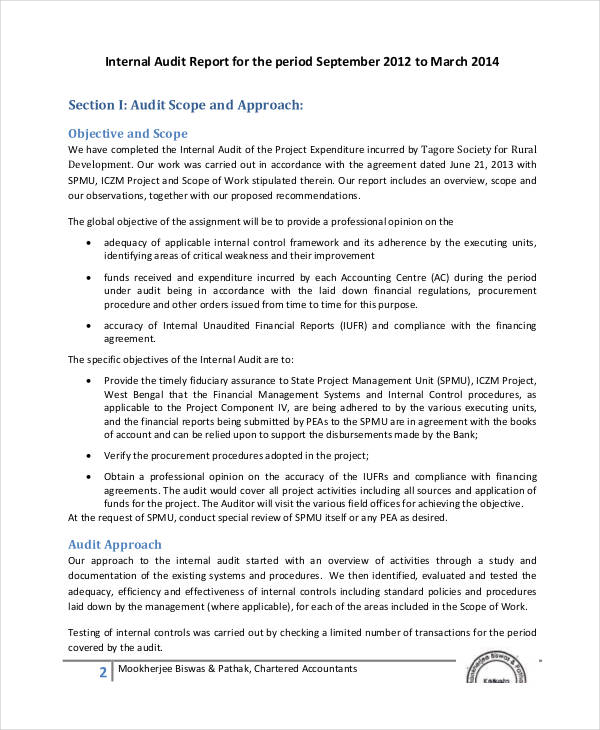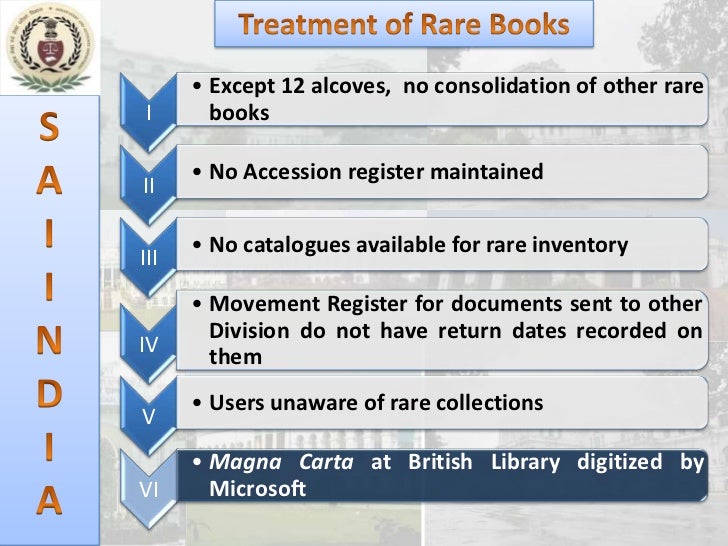

In only the third California appellate decision to address accountants’ liability to third parties, the Second District Court of Appeal in Union Bank v Ernst & Whinney (1991) 227 CA3d 1389, 278 CR 490, held that a certified public accountant has no duty to third parties who claim to have relied on a review report of financial statements. Originally published in California Civil Litigation Reporter, by Farley J.

Competition law enforcement is an important tool for achieving that redress.Articles: CPA Has No Liability to Third Parties for Review of Financial Statements For the pharmaceutical market, there must be a means to redress excessive prices in themselves. Patents, regulatory market exclusivity and other structural features insulate the pharmaceutical market from economic pressures that ordinarily create and recreate an equilibrium that protects consumers. More important is continuing legal, financial, and political support for the efforts of competition authorities in this area. The continued evolution of excessive pricing doctrine does not depend on these improvements. This article suggests doctrinal improvements in the form of per se baseline rules for establishing excess with respect to generics, and rule of reason balancing tests for assessing the fairness of pricing practices for originator products and generics not encompassed by per se rules. This is important because competition authorities around the world should be able to rely on generally accepted standards for pursuing misconduct. Methodologies for investigating and analyzing abusive pricing are being regularized. The ongoing case involves an essential anticancer medicine the pricing of which has deprived individuals in South Africa of lifesaving treatment. The South African competition authority is undertaking its second major prosecution of excessive pricing of originator products. The successes in Europe should help put to rest arguments regarding the difficulties in ascertaining how pharmaceutical products are priced, particularly for products no longer covered by patents or regulatory market exclusivity. This article examines those cases in some detail showing the challenges that competition authorities have faced, and how they have gone about addressing them. In a succession of cases European competition authorities have demonstrated concretely the way in which excessive pricing prosecutions may be pursued. While the United States has traditionally led in policing the pharmaceutical market against anticompetitive misconduct, in this specific arena it has fallen behind, principally because federal courts so far have refused to acknowledge excessive pricing as a cause of action under Section 2 of the Sherman Act. That situation has changed dramatically as competition authorities in Europe and South Africa have pursued a significant number of such prosecutions and have levied substantial fines against the As recently as a decade ago, such prosecutions were virtually nonexistent.

Prosecution of pharmaceutical companies for excessive pricing of products under competition law is now a reality.


 0 kommentar(er)
0 kommentar(er)
